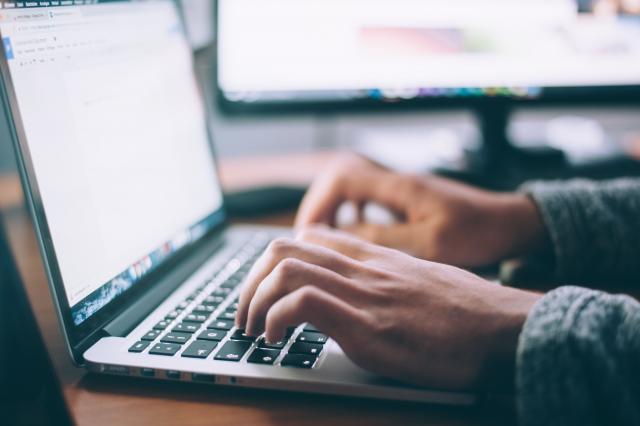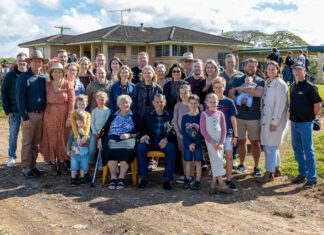This week, I’ve done a lot of listening.
Last Monday, on behalf of the Albanese Government, I opened the first ever National Disaster Preparedness Summit in Canberra, bringing together 250 emergency services, government, industry and community representatives, to ensure we’re as prepared as possible for the coming disaster season.
The following Tuesday, I was in Rockhampton, helping host a National Drought Forum, with nearly 200 reps from farming, government, banks, counsellors and more, to discuss what more we can do to be ready for the next drought.
At both events, I learnt a lot by listening to others’ views. And having listened, I reckon those forums will help me and others in government make better decisions.
Importantly, at both events, I also listened to Indigenous speakers, about how their own families had approach bushfire readiness and drought response.
And by listening, it made me think about how we can use some of these traditional practices to improve how we better manage disasters and drought in the modern day.
To protect more Australians from fires, cyclones, and heatwaves. To help our farmers and rural communities ride out the next drought, whenever it comes.
For all the nonsense, going round right now, that’s actually what the Voice to Parliament is about.
Because when it comes to the challenges facing our First Nations People, it makes sense to listen to them.
We know that our current system is broken, and Aboriginal and Torres Strait Islander people are still facing the same challenges.
An 8-year life expectancy gap, worse rates of disease and infant mortality, a suicide rate twice as high as in non-Indigenous communities, and fewer opportunities for education and training.
We need a new approach to close the gap and start implementing lasting change. That’s what The Voice intends to do.
The Voice will advise on practical steps to improve Indigenous health, education, employment, and housing. It will allow Parliament and governments to listen to advice from Aboriginal and Torres Strait Islander people about issues affecting their lives and communities. Politicians don’t have all the answers – we need to listen to communities to hear better solutions.
Parliament and governments will still make the decisions, but they’ll be better decisions, because they listened to the people those decisions affect.
Indigenous people have a long history of advocating to be heard in the development of laws and policies that affect their communities.
On October 14, Queenslanders will be given the opportunity to make history and move our nation forward.
Because if we say no, it will just be more of the same. More failed programs, more wasted money.
The Queenslanders I know, and love can do a lot better than that.
– Senator Murray Watt






